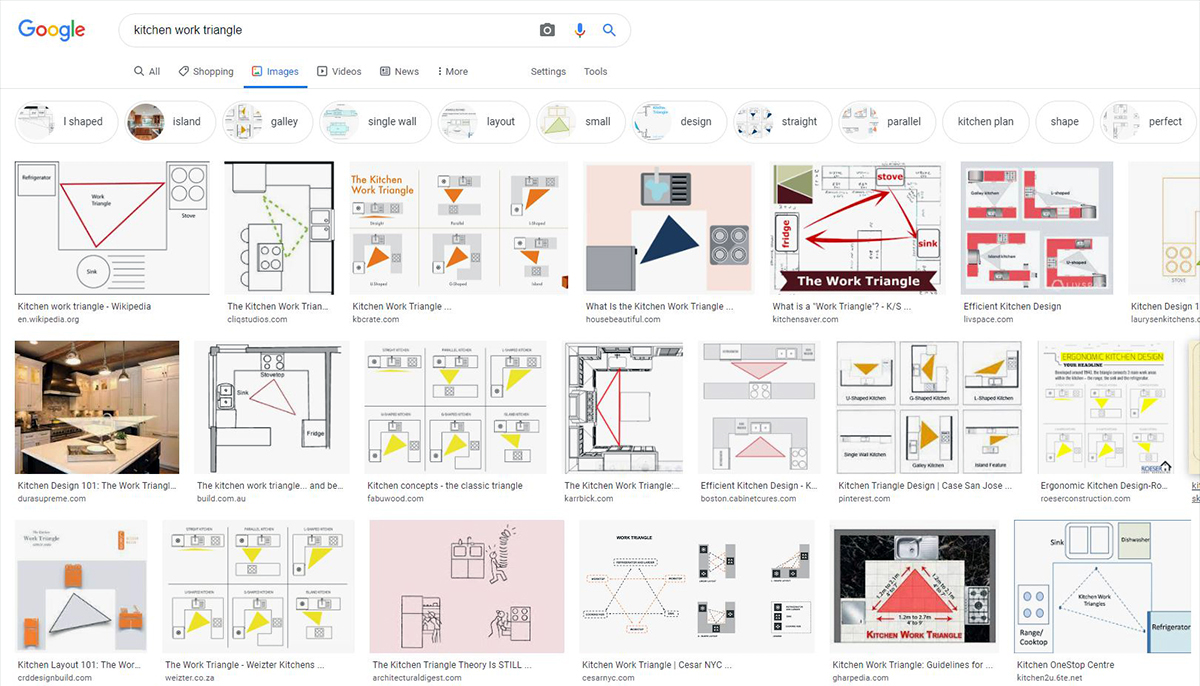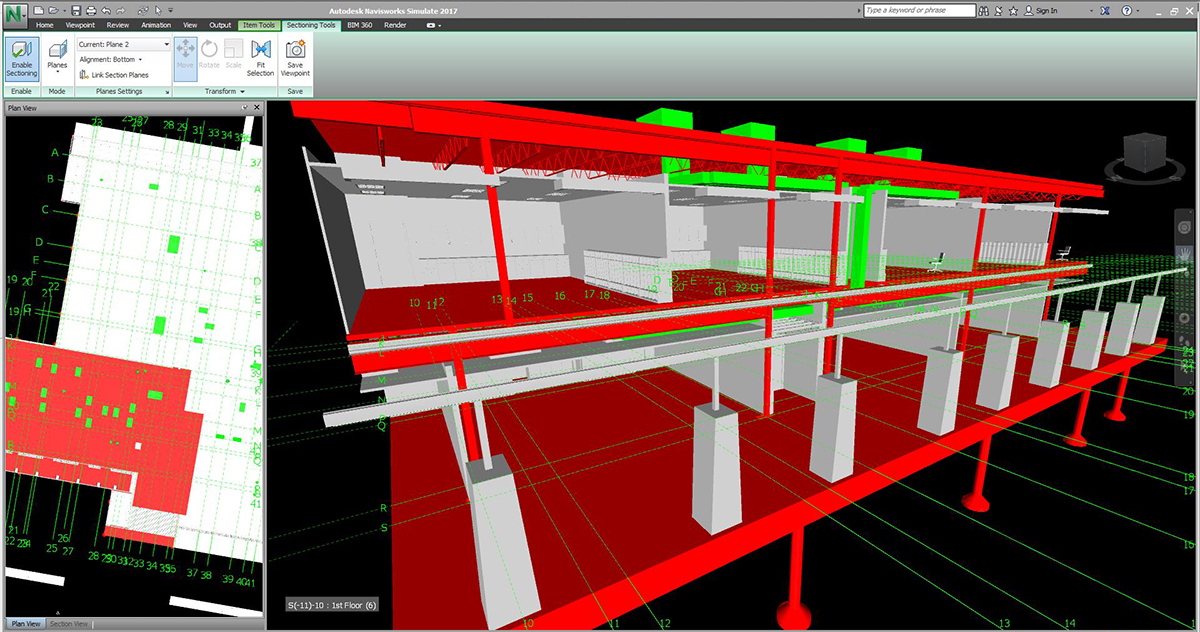Is the education of architecture school about the big ideas or the technical details? This is a question that has been on my mind quite a bit lately. So what should be the focus of the collegiate architecture school system?

The Complaints
I was reading an online conversation among architects that dealt with the knowledge that students have when they graduate from school. There was a conversation about the “lack” of knowledge that a person who had seven years of architectural education within the context of a small residential remodel project. The complaint was that this young person did not understand how to design a residential kitchen remodel. I must admit there were multiple design flaws in the work presented. Also, this appeared to be this architect’s first young employee or maybe first employee ever, so there is some learning curve associated with that as well. Most of the comments were complaints of course based on the current architectural education system and how it does little to “prepare” graduating students for the workforce. Many of the suggestions were for the architect to find a “drafter” from a local trade school to do the type of work and have the type of knowledge that was being requested. That struck a chord with me also. So many avenues of discussion here, but I will try to focus on just one aspect of this discussion; the idea of what should be learned in school.
 Now I wrote a bit about this last post as it related to tools and knowledge. While this is a similar discussion, I am going to come at it from another perspective in this post. I will once again have to admit that my views are ever evolving now that I am on the educational side of the profession, but I am still a product of the practice and of making buildings. The question I would propose here is what level of technical ability is relevant. Should big picture thinking be omitted to allow room for the detailed knowledge of the specifics of practice? I would say no. That idea lends itself to the notion of a trade school or technical college. That is where someone goes to learn a very specific skill or small set of skills to perform specific tasks. One of the arguments was that would a recent medical school or law school student not have specific knowledge related to the profession. Here I would argue that at least doctors have a very lengthy “internship” program once they complete their classwork that lasts for several years. I would never expect a recent graduate of a pre-med program to know all the aspects required to diagnose and treat patients. Or maybe more to correct the comparison, I would not expect them to be able to sew stitches, intubate someone, or put on a cast. These are skills learned in the field and in the practice of their internship period. That is how it is set up by design. Yet somehow, many practitioners think a recent graduate of architecture school should know all the information and requirements to design a residential project to meet codes and the like. I’m not sure I can follow that logic. But I cannot ignore some of the criticisms at the root of those complaints.
Now I wrote a bit about this last post as it related to tools and knowledge. While this is a similar discussion, I am going to come at it from another perspective in this post. I will once again have to admit that my views are ever evolving now that I am on the educational side of the profession, but I am still a product of the practice and of making buildings. The question I would propose here is what level of technical ability is relevant. Should big picture thinking be omitted to allow room for the detailed knowledge of the specifics of practice? I would say no. That idea lends itself to the notion of a trade school or technical college. That is where someone goes to learn a very specific skill or small set of skills to perform specific tasks. One of the arguments was that would a recent medical school or law school student not have specific knowledge related to the profession. Here I would argue that at least doctors have a very lengthy “internship” program once they complete their classwork that lasts for several years. I would never expect a recent graduate of a pre-med program to know all the aspects required to diagnose and treat patients. Or maybe more to correct the comparison, I would not expect them to be able to sew stitches, intubate someone, or put on a cast. These are skills learned in the field and in the practice of their internship period. That is how it is set up by design. Yet somehow, many practitioners think a recent graduate of architecture school should know all the information and requirements to design a residential project to meet codes and the like. I’m not sure I can follow that logic. But I cannot ignore some of the criticisms at the root of those complaints.

Know the Rules
As a small business owner, I think the complaint about the knowledge of recent graduates also has some validity. I do agree that there is not enough emphasis placed on technical knowledge during most architectural education at many institutions of higher education. While I don’t think this should be the focus of architectural education, I do think it should be a larger part. The main reason can be summed up in one fairly simple phrase … “You have to know the rules in order to break them.” This is a saying that I try to employ quite a bit in my teaching. For me, the meaning is in the notion that you need to understand the parts of the game in order to best utilize them and also to be able to reorganize them into new ideas. If a student does not fully understand the properties, characteristics, and materiality of brick for example, then they will not be able to push its limits, try to use it in new ways or even attempt to improve on its properties. That is where I think the emphasis in education should be placed when it pertains to technical knowledge. Students have to understand the basic principles of the technical aspects of architecture so they can attempt to create new perspectives based on those existing “rules”. That is how advancements are made in almost any field. Very rarely does someone completely create something from nothing or that is not based on the knowledge that some other “thing” should be improved. I am certain that you all can argue against me on that point, but I think that is one of the best ways to make progress. You have to build on what is known. That does not mean copy or mildly modify only. It can mean creating something totally new, but because you know what is missing from the current options.

Technical not technicalities
I think the best way to summarize this shallow post on what I think is an incredibly deep subject would be to say that I think ideas of technical knowledge should be taught in school. How large is a brick? What are all the sizes of brick? What are its properties, qualities, strengths and weakness as a building material, and so forth? That is the type of technical knowledge that would benefit both the student and the profession in the long term. The idea of ensuring that students know how to properly layout the perfect kitchen work triangle does not provide room for growth. It only teaches them a finite skill. Even the idea of the perfect kitchen work triangle will vary from designer to designer. Just as software usage among firms, architects, and designers is different so it all the methodologies and minutiae that every architect considers important and critical. Everyone assembles a wall in a different way, at least on some level. So for me, the idea of teaching students finite skills or knowledge points does not create a person that will someday take your place in the profession. It excludes them from upward mobility, from growth, and from forming the future of the built environment. Even when I was not teaching that was still my goal as a small business owner. I wanted to create employees that could do my job and replace me in the future. Whether that meant I was able to retire, that my firm would live beyond me, or just simply that I contributed to the future of the profession, it was important to me. I think it should be for everyone in the profession and in academia. (that is of course another discussion)

So I do think that there is a certain amount of technical knowledge that should be the result of architectural education. I think one of the possible issues that keeps that from happening is that there is not an industry-wide agreement on what that knowledge should be. As architects, one of our biggest strengths and also one of our biggest weaknesses is the individuality of thought that we all possess. At times this is great for everyone and other times it is our Achilles heel because we cannot agree on the proper path to pursue as a group. In my 20+ years in the profession, I see this happen in almost every aspect of our collective whole. But when there is no agreement on this magical set of skills and knowledge that all students should have upon graduation, then it is left to the individual institutions and sometimes even the individual teaching them each class. As for me, I make my attempts to keep a balance among all these issues just like I would when designing a project. I can’t solely focus on all the technical aspects of a project, only the aesthetics, only the poetic, only the client, only the regulations, or only the budget. As an architect, I am required to weigh all of those concerns into a solution. Teaching my students requires the same.
Once again I think my post should raise more questions than answers, but for me, that is a good place to be.
Until next time,

